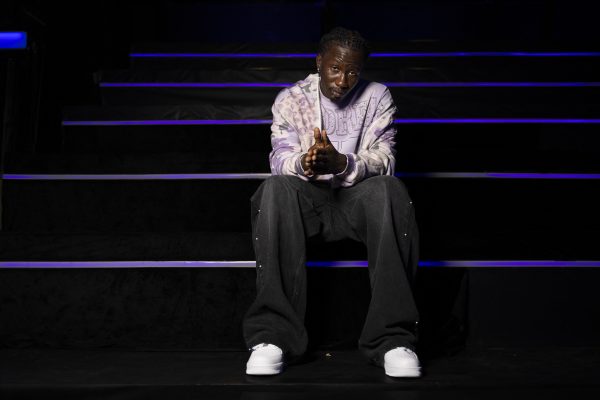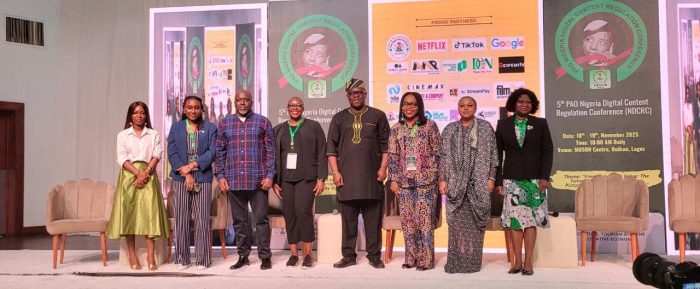Former Special Assistant on Digital Communications to ex-President Muhammadu Buhari, Bashir Ahmad, has reacted to conversations surrounding the Nollywood thriller The Herd.
He said Arewa viewers are angry about the film because its portrayal of Fulani herders raises concerns about stereotyping.
Ahmad shared his view on Saturday through a post on X, noting that northern viewers are not denying the existence of banditry but are concerned about how the movie frames an entire group already affected by years of insecurity.
He said the teaser creates an impression that could deepen public suspicion toward innocent pastoralists.
He pointed to the Netflix preview, which shows herders walking across a road before suddenly opening fire on travellers.
Ahmad wrote, “In the teaser, Fulani herders are shown crossing the road with their cattle, while a newlywed couple inside a car and other travellers drive by, then suddenly the herdsmen pull out guns, start shooting indiscriminately and kidnap everyone. This single scene paints a picture that is actually facile as it is dangerously inaccurate.”
According to him, the North has consistently acknowledged that some bandits are Fulani but maintains that the majority of herders are peaceful and have also suffered severe losses to criminal attacks.

Ahmad wrote, “The truth is this, it is true and verifiable that some of the bandits terrorizing innocent people and our communities are Fulan. We have consistently and openly acknowledged that, called them out, condemned their atrocities and demanded that authorities deal with them mercilessly. Yet the overwhelming majority of Fulani herders are innocent and also among the very victims that have suffered the most from these terrorists.”
He warned that portraying all herders as kidnappers reinforces harmful stereotypes and can influence how local and global audiences perceive Fulani communities.
Ahmad said such depictions could lead to stigma and harassment.
He wrote, “When such an international movie, portrays a one-dimensional story, millions of viewers around the world walk away believing that every Fulani herder is a terrorist and that is how stigma is created.”
Ahmad advised the filmmakers to engage security experts, victims, researchers and pastoralist groups before telling stories on sensitive issues.
He wrote, “Before producing a film that touches on such a sensitive and complex national issue, the producers should have done intensive field work by engaging stakeholders, security experts, victims, researchers and even representatives of pastoralist groups to help them capture the full picture of the situation.”
He added that the Nigerian Film Corporation, led by actor Ali Nuhu, should have helped guide the production. Ahmad wrote, “I believe @AliNuhu’s Nigerian Film Corporation should have given proper guidance to prevent such damaging portrayals.”
He urged filmmakers to focus on identifying criminals without placing suspicion on innocent communities.
Ahmad noted, “In the end, all we are saying is simple, tell the story. Condemn the criminals. Call out the terrorists. But do not cast a shadow of suspicion over millions of innocent herders who have nothing to do with these atrocities.”








